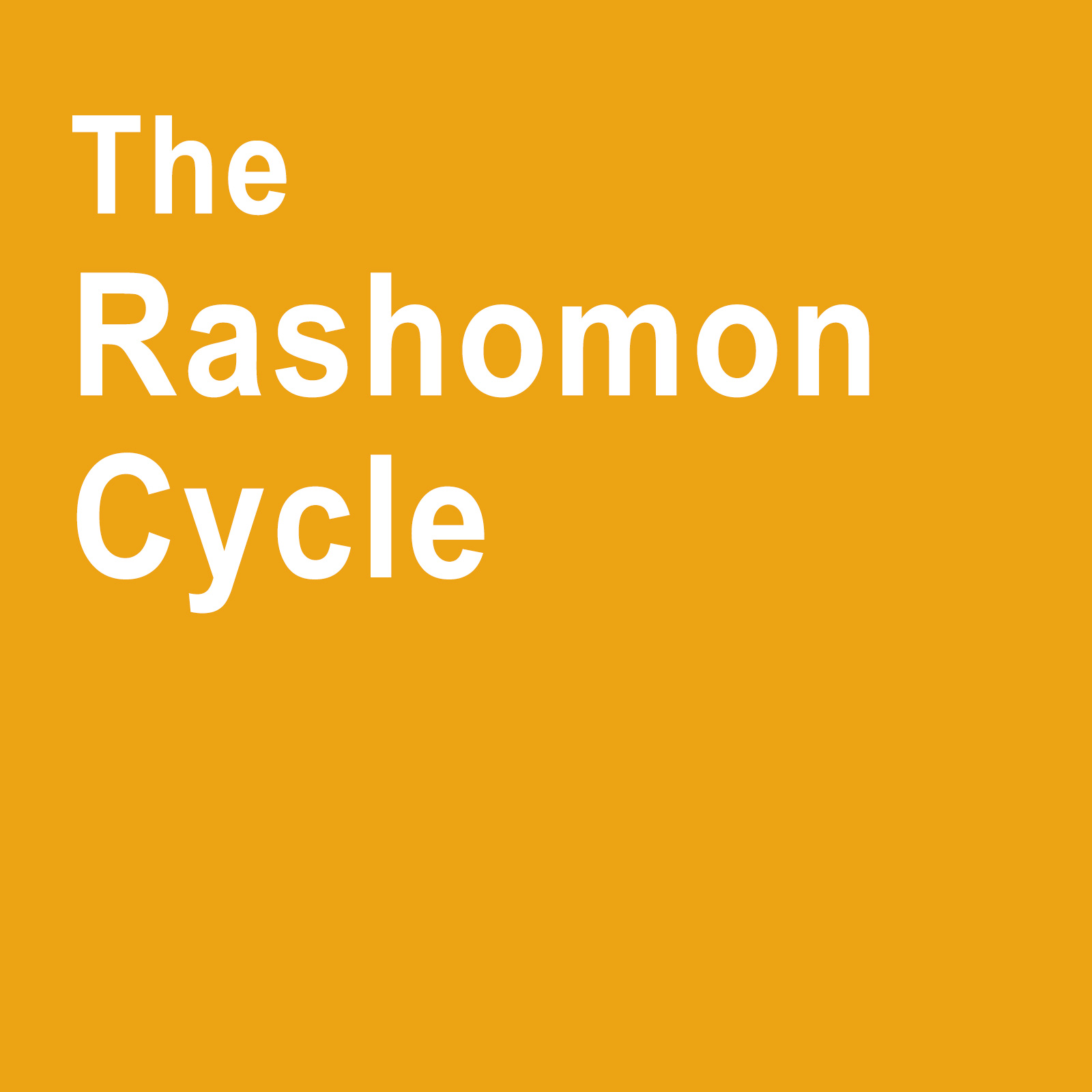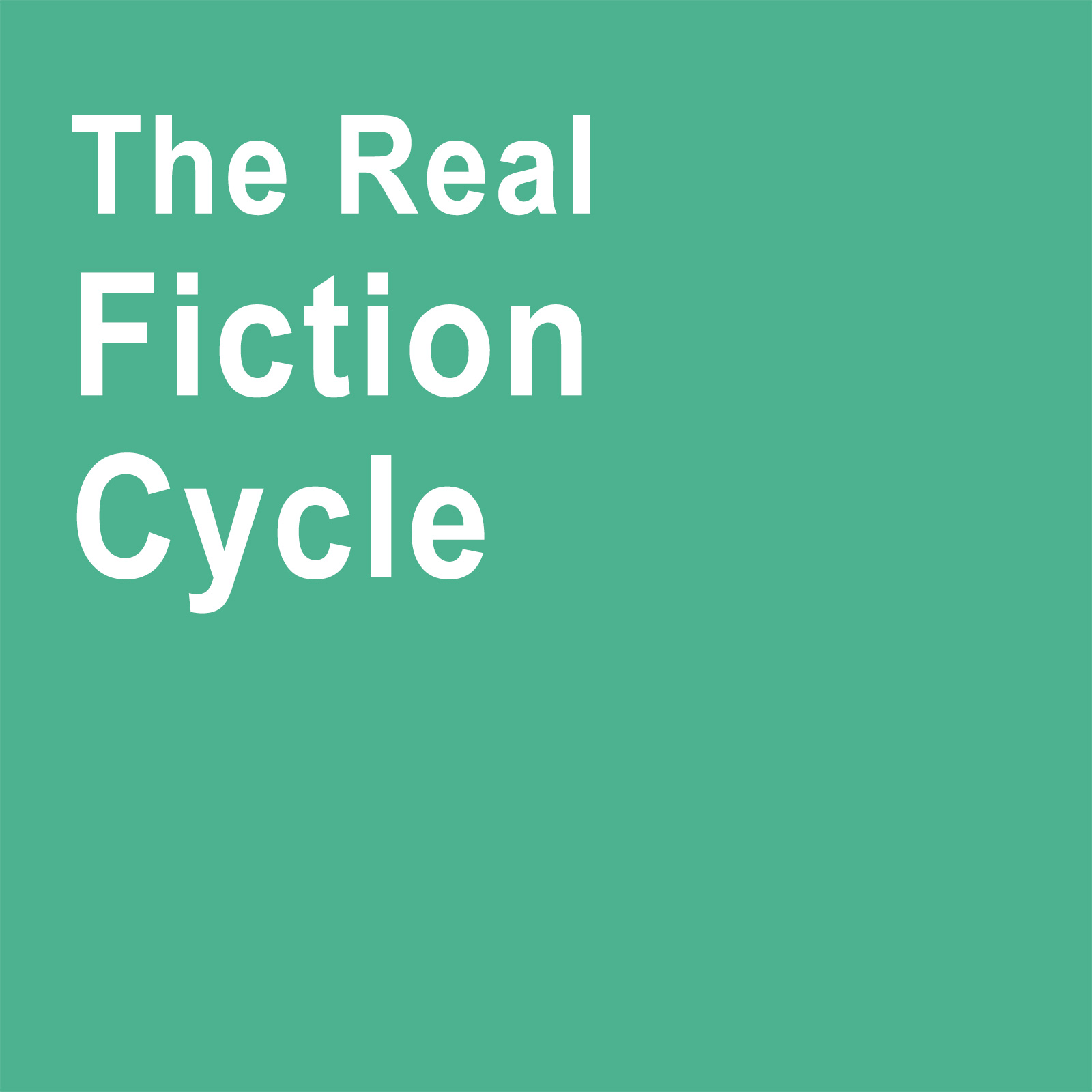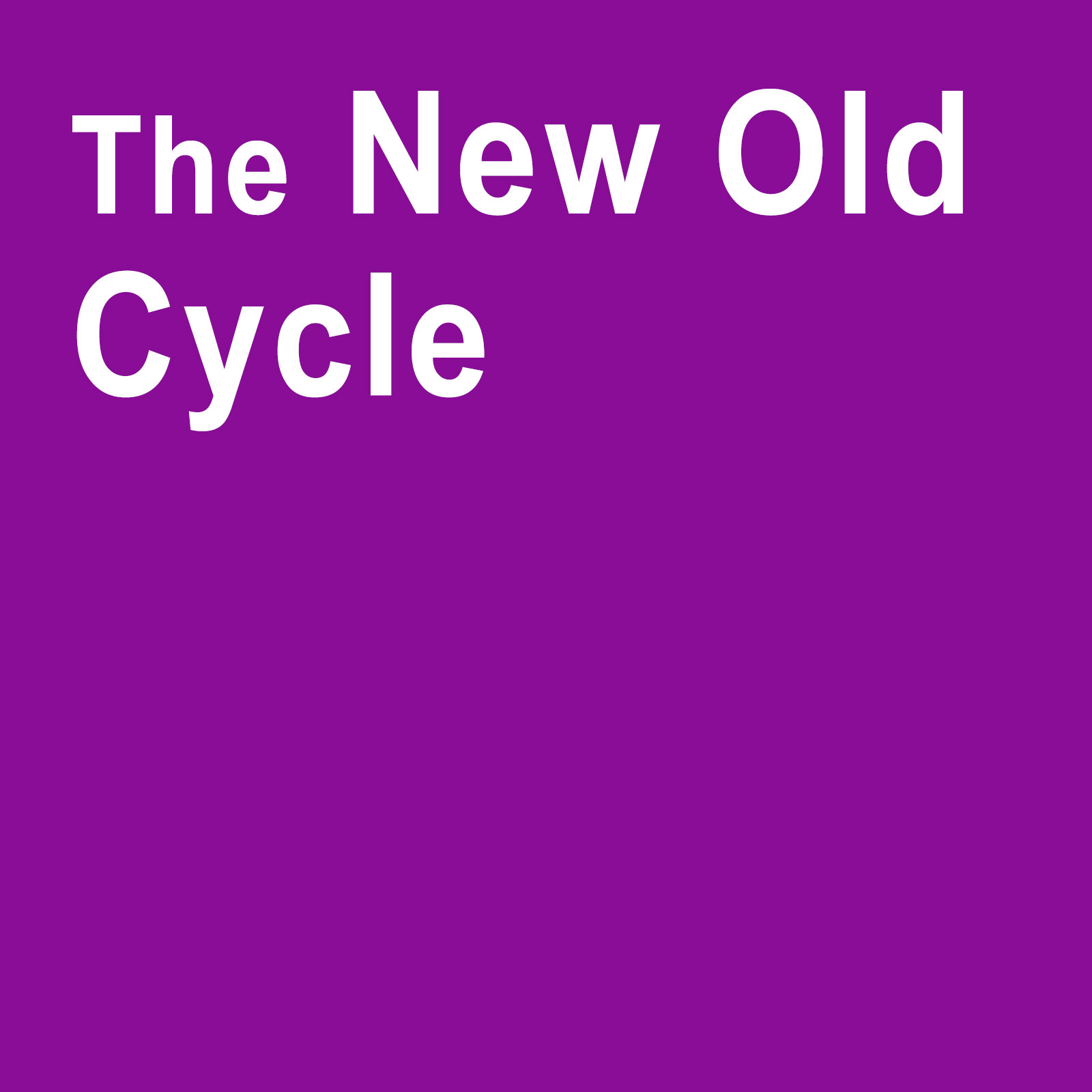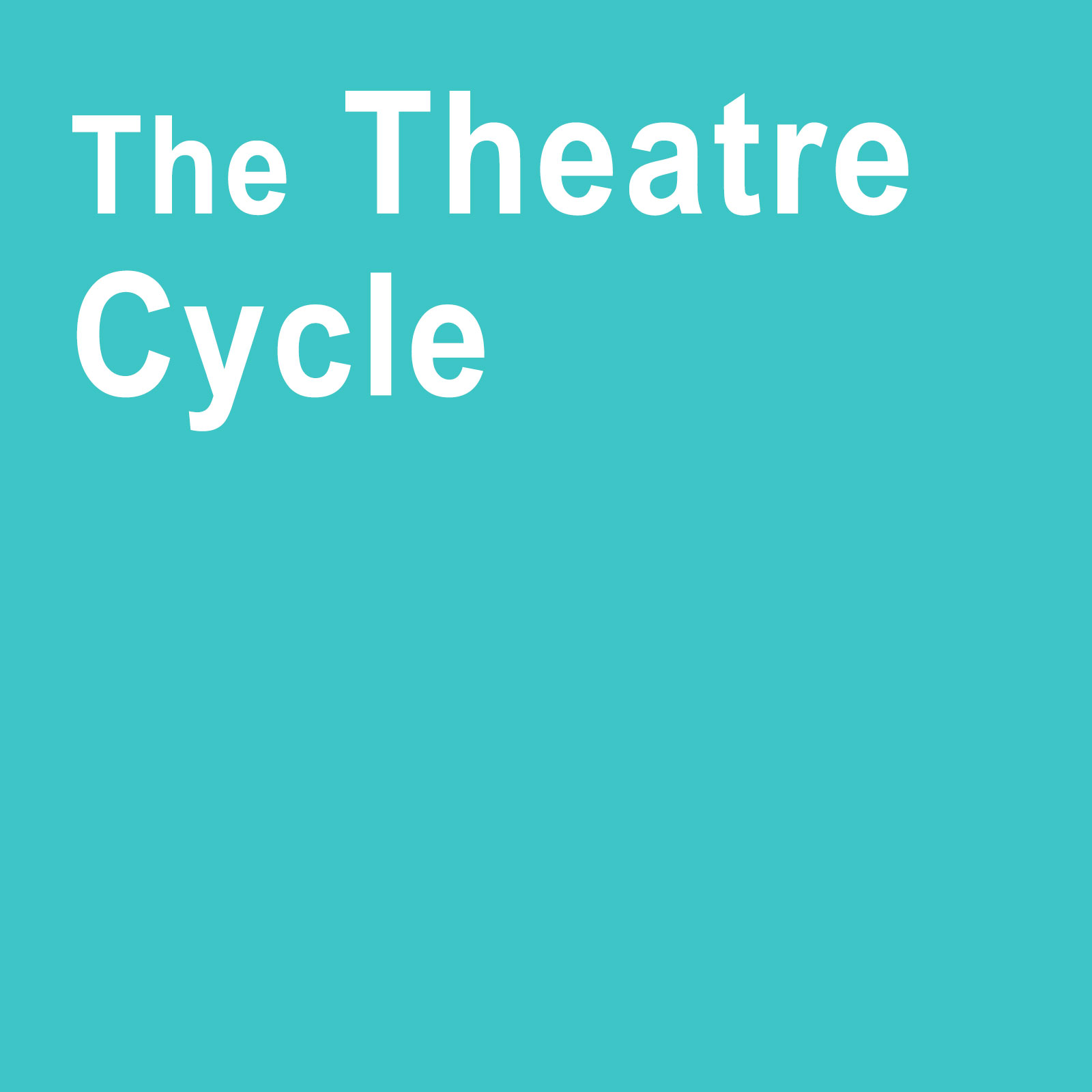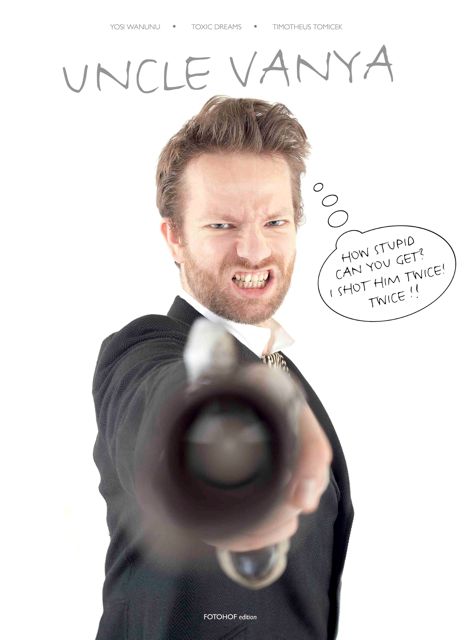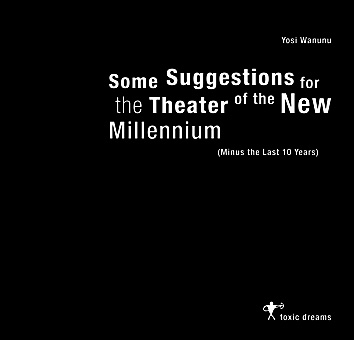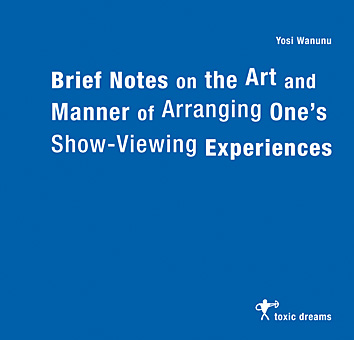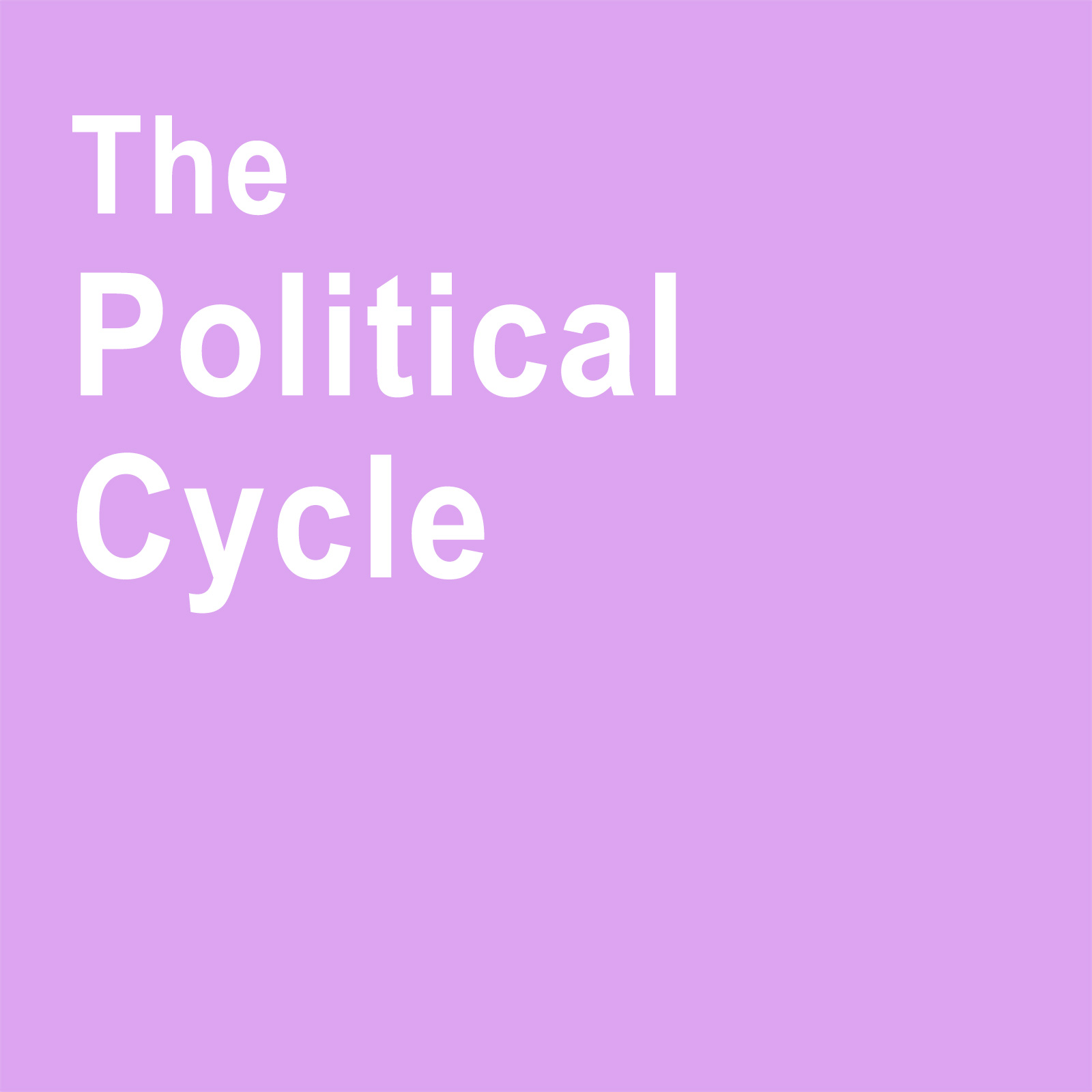
Some Notes on The Political Cycle concept
First Thoughts
With the political cycle our intention is to use found material and then devise it and adapt it to the stage. By found material we mean contemporary and up to date news texts, political and social speeches, interviews both by us and other sources, incidents that occur around the time of the performance and other art pieces that deal with political and social issues. This is why it is difficult to specify the text and other material we will work with; for our research into the question of what is political theatre it is necessary to stay up to date almost in a journalistic sense. What we can say is that our intention is to cover a wide range of topic, as wide as possible, from economy to the environment to digital technology and up to more general issues like ageing and the vision for the future.
What is of importance to us is to use methods, styles and structures that are common to political theatre but instead of zooming in on a theme or message, our intention is to celebrate the multiplicity of perspectives with only one certainty: that the topic in question will be different for each member of the audience. The multiple interpretations are achieved by using three main methods. The first – a lack of clear-cut narrative spine, each piece will offer a non-linear structure, a collage of forms from different cultural traditions. The “characters” will be drawn in a two dimensional cartoon style, heavier with idea than psychology, and will change radically from scene to scene, medium to medium.
The second – the structures of the pieces will not be bound by the laws of cause and effect, which is quite common to political theatre. The connection between events we will devise into the performance will be more associative or qualitative; the presence of one quality calls forth the demand for another. One topic can lead into another semi unconnected issue by the simple way of association without the need for a reasonable cause.
Third – none of the pieces will provide an unambiguous frame of reference or will offer a clear signal of meaning. It is not because we have no point of view, but more because we would like to hand the theme to the spectator as a reality to deal with. In a way every piece will dramatize the impossibility of assuming an objective point of view. The audience therefore must make the kind of choices usually considered the province of the writer and/or the performer. As a result, each piece must be considered only partially composed when it is presented to the public, not because it is unfinished, but because it requires an audience to realize the multitude of possibilities on which it opens. As each spectator according to his/her part, enters into dialogue with the work, the act of interpretation becomes a performance, an intervention in the piece.
What is “political theater”?
Usually it means contemporary plays ranging from the journalistic through the “commitment” play (now not so fashionable) to the ultra-pseudo and obscure. Why are they always so awful? So jejune? Perhaps because it is hard to take seriously pronouncements from those who have never known war, violent death at close hand, extreme deprivation, or even life on the streets.
It can seem impertinent for the privileged to claim that they assert on behalf of those whom they neither know nor seek to know. There is something improper about the well-heeled seeking to represent the disadvantaged; it is an unacceptable invasion of territory. And to write of horrors within living memory, if you are not to sicken, you have to be a paid-up member. Your name must be Pasternak, Havel, Mandela, and Solzhenitsyn. Otherwise you are a scavenger. Fashionable faux-Marxism, the radical chic of the 1970s, was disgusting; of the trashing of the Comédie Françoise in 1968, the best one could feel was how fortunate the young were to be able to play at revolution and not know the vicious shock of the real thing.
We live in an infantilized world for much of the time – cushioned by prosperity, only occasionally awakened, as recently by Iraq, into the difficult choices of maturity. Which is not to say that there is never time for direct political drama. In times of incitement, on the edge of violent civic change, there is a demand for the shout. Even here, direct action is usually more relevant than play-acting, however well intentioned. Still, voices are insistent to be heard when despotic regimes crack, when political drama can be more than the preaching to the converted of middle-class theater.
But politics belong on the platform, in the committee room, on the march. If you believe in it, do it. Contribute, directly, as a citizen. Support and improve structure directly if you’re serious. And leave drama to the really dangerous world – the world of the imagination.
There is such a necessity for the expansion of imagination. Perhaps the most political act one can think about nowadays. So, why is so much modern “serious” drama so impoverished, facile, inauthentic and out of touch with the lifes of most people? Is it paucity of input – people being exposed to the same stimuli, looking at and listening to machinery instead of one another? Surely the theater has something to contribute, as antidote if nothing else. So why does the work disappoint? Why do so many “full-length” plays run short, or lack a second act? Many offer us two sequential one-act plays – the goods laid out on the stall, intentions signaled – and that’s it.
Drama is not, as we are often reminded, in the business of offering solutions. But we have, after doing our own day’s work, traveled to the theater and paid to be presented with the puzzle, and we rarely get it. Is this due to commercialism? We certainly don’t live in idealistic times, all over careerism rules. Dramatists, in order to be heard, must court and placate directors, who hold the power – and who, being human, have their own scenarios and careers to nurture. Theater, today, can be the stepping-stone to more lucrative (if cheesier) television, and, with luck and graft, to the wider shores of film. These are the days of the business-artist. There is the compulsion to achieve high-profile success – now. It is pagan, anti-art and destructive.
So what should we be doing? Where does the educated, privileged artist put himself or herself in relation to the political? After all, we live in a post imperialist world, at least in the west. We live by the law of contract, and it is an equitable notion. Money talks. The hallowed world of finance was invaded by young, Porsche-driving spies in the 1980s because they could do business. If there is to be political theater, how should it be? Ibsenesque – the uncovering of social scandal? That belongs to direct action. Possibly, just possibly, there could be a place for the artistic imagination. Sane suggestions. Dreams of possibility embodied in drama. Invitations. Ways to go.
But here we have it. Drama begins where politics and the civic and direct involvement leave off. It inhabits a different territory. And we live in a desert…
Political theater is often described as an effect, a side effect, perhaps, of the thematic content of the drama, as though an explicitly “ideological,” tendentious, thesis dramas were needed for an openly political theater. Yet, like the drama, theatrical performance already occupies an ideological field, a field often independent from the claims of the texts it brings to the stage. Modern political theater is distinctive only in the degree to which it is an openly rhetorical, interested production of the drama, working against the naturalized “objectivity” of theatrical realism. The politics of political theater emerge not only in the themes of the drama but more searchingly in the disclosure of the working of ideology in the making of meaning in the theater, in the formation of the audience’s experience and so, in a manner of speaking, in the formation of the audience itself. Any theatrical rhetoric provides the terms and procedures that enable us to interpret the performance; stage rhetoric implicitly “qualifies” us, attributes qualities to us as spectators that we provisionally assume in order to undertake appropriate (“qualified”) participation in its entertainment. The theater frames our interpretive activity and so frames “who we are” as an audience. To redirect a well-known phrase of Louis Althusser, the material conditions of our attendance in the theater are refigured, represented in the “imaginary relationship” between actors, characters, and spectators. For this reason, modern political theater is only in part about innovations in dramatic style or about initiating action outside the theater. Political theater works to transform the field of theatrical relations, to dramatize the implication of actors and spectators in the social process of the theater and in the representation of the world it at once stages and reproduces.

